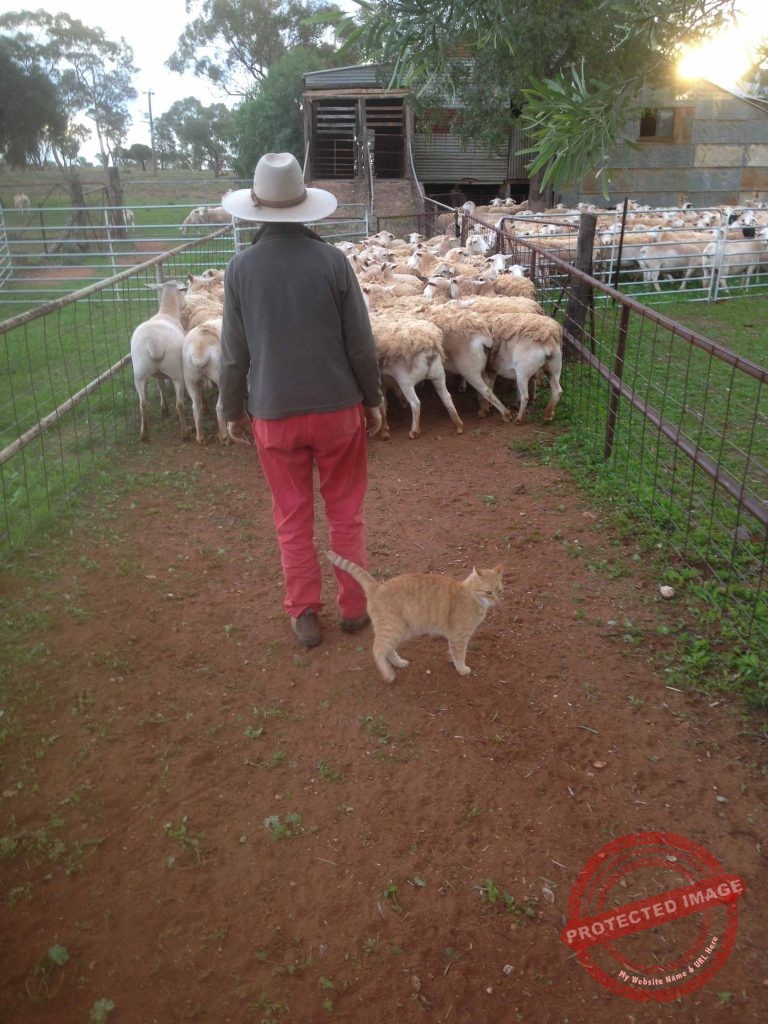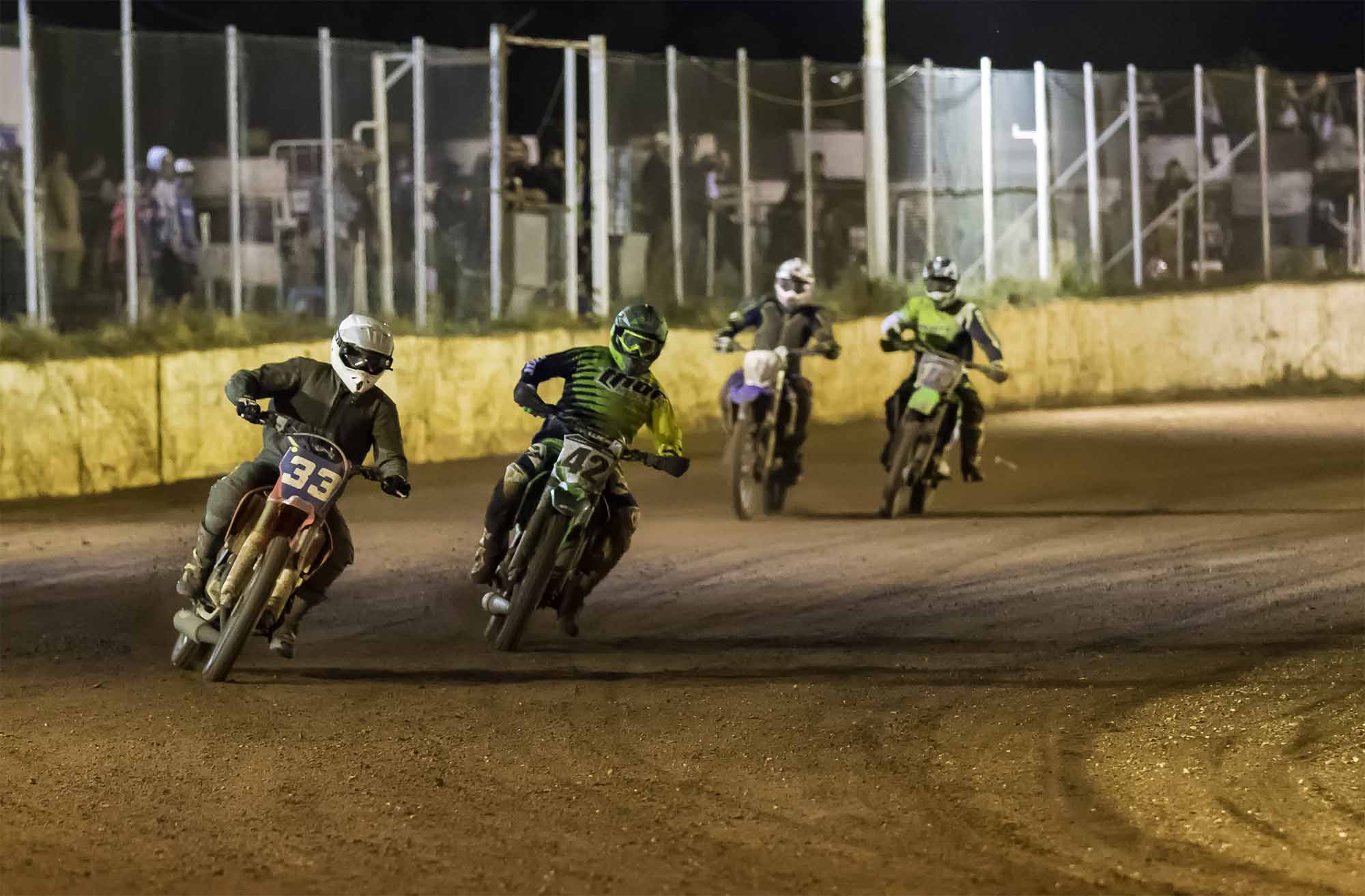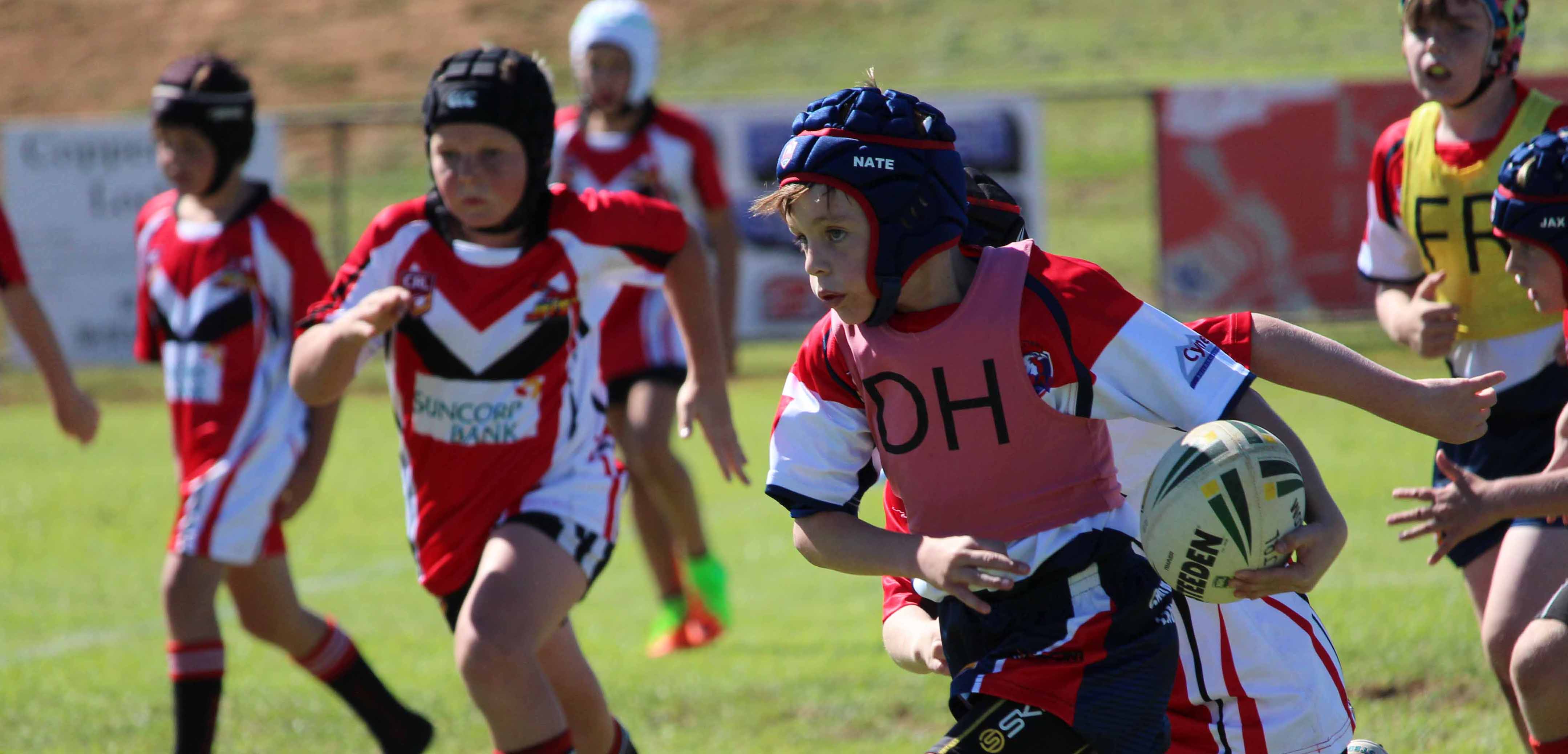
Locals John and Ann Crossing are running rangeland Dorpers at Glenace, 50km east of Cobar, however they are not doing it in the traditional way.
“Soon after purchasing our property nearly seven years ago John and I both completed a Low Stress Stock Handling course.
“This taught us how to work with our animals in a quiet and calm way,” Ann explained.
“It has made the mustering and management of our livestock more enjoyable and safer, both for the animals and ourselves.
“We believe if our stock aren’t stressed they are better mothers and these attributes are passed on to their offspring.
“We also believe the meat from an animal that is not stressed produces a much better quality.”
While much of the sheep and mutton that is produced in the Cobar area is sold over the hook at Tamworth, at the Dubbo or Forbes saleyards, or in Victoria for the export market, the Crossings felt there was an opportunity to sell their product locally.
Ann said their Nourish and Grow project to sell their lamb locally was instigated 10 months ago after they undertook an Innovative Pastoralist course advertised through the Buckwaroon Landcare Group.
One of the course modules that interested the Crossings, ‘Creating a Marketing Plan’, helped them to identify a target market for their product.
“We can give locals the opportunity to purchase clean, free range lamb direct from the farmer to their plate with the assurance the whole process meets with the NSW Food Authority requirements,” Ann said.
In terms of “food miles”, the Crossings’ lambs will only travel 80kms before they are slaughtered, meaning the animals are under less stress with the relatively short trip to the abattoir.
After their lambs have been slaughtered in Nyngan, the carcasses will be transported to J&K Butchery where local butcher James Degn will cut them up as per the clients order.
People can choose how they would like their lamb butchered from a selection of cuts, ranging from choice cuts to the less expensive, as well as trimmings and bones.
“You get the whole lot except some bone dust from when its butchered,” Ann explained.
“We want people to be able to use the whole animal.”
Ann said if there are any particular parts of the lamb that people don’t want, they have an arrangement where they can be donated to ROAR (Rural Outback Animal Respite/Rescue).
While their lambs are not organically certified (the Crossings looked at this option but found that due to the size of their operation and ongoing costs, they found it wasn’t viable), Ann said their animals are raised in a natural environment free of chemicals, growth hormones and antibiotics.
“They are as close to organic as you can get without the organic certified label and accompanying price tag,” she said.
The Crossing have been encouraged by the number of orders received to date.


